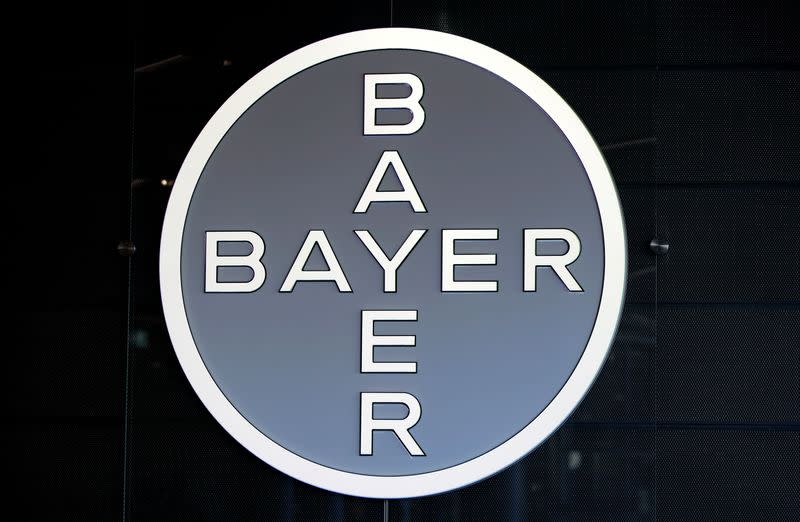Bayer ordered to pay $2.25 billion in latest Roundup trial

(This Jan. 26 story has been corrected to fix the spelling of John McKivison's name in paragraphs 2, 3 and 7)
By Brendan Pierson
(Reuters) - Bayer was ordered on Friday to pay $2.25 billion to a Pennsylvania man who said he developed cancer from exposure to the company's Roundup weedkiller, the man's attorneys said.
A jury in the Philadelphia Court of Common Pleas found that John McKivison's non-Hodgkins lymphoma was the result of using Roundup for yard work at his house for a period of several years. The verdict includes $250 million in compensatory damages and $2 billion in punitive damages.
"The jury's punitive damages award sends a clear message that this multi-national corporation needs top to bottom change," Tom Kline and Jason Itkin, McKivison's attorneys, said in a joint statement.
Bayer in a statement said it disagreed "with the jury's adverse verdict that conflicts with the overwhelming weight of scientific evidence and worldwide regulatory and scientific assessments, and believe that we have strong arguments on appeal to get this verdict overturned and the unconstitutionally excessive damage award eliminated or reduced."
Bayer added that some previous damages awards had been reduced by more than 90 percent.
The verdict comes after five other recent wins late last year by plaintiffs suing Bayer over Roundup, though the company won the most recent such trial in December, as well as a string of earlier trials. In all, it has won 10 of the last 16 Roundup trials.
Around 165,000 claims have been made in the U.S. against the company for personal injuries allegedly caused by Roundup, which Bayer acquired as part of its $63 billion purchase of U.S. agrochemical company Monsanto in 2018. Most plaintiffs, like McKivison, allege that the product caused them to develop non-Hodgkins lymphoma.
Bayer has said that decades of studies have shown Roundup and its active ingredient, glyphosate, are safe for human use.
Roundup is among the most widely used weedkillers in the United States, though the company phased out its sales for home use last year.
In 2020, Bayer settled most of the then-pending Roundup cases for up to $9.6 billion but failed to get a settlement covering future cases. More than 50,000 claims remain pending.
Last year's string of losses produced verdicts against the company totaling more than $2 billion. Bayer is appealing those verdicts, which include large punitive damages awards that are likely to be reduced because they exceed U.S. Supreme Court guidance.
The losses had led some investors to question Bayer's legal strategy in defending the Roundup cases. The company said in November that it would continue fighting the cases in court and had "no appetite to write humongous checks" to settle them.
The company had even considered a plan to break off its crop science business, in part due to concerns about Roundup liability, though it said earlier this month that it was putting those plans aside for now and focusing on internal reorganization.
More Roundup trials are expected later this year.
(Reporting By Brendan Pierson in New York; Editing by Alexia Garamfalvi and Bill Berkrot)

 Yahoo Finance
Yahoo Finance 